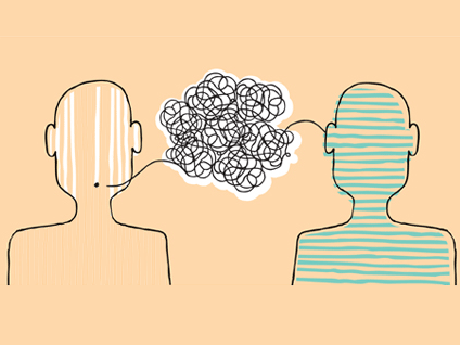
We say things without thinking. As humans we program ourselves to act or react routinely. We know how to breathe, we don’t have to think about each breath. Our legs work and our brain keeps us upright when we walk. When we eat, do we consciously have to keep our tongue away from our grinding teeth? Thankfully not.
Speaking of oral machinery, why do people ask this question? As the choker gags and coughs, we ask, “Are you okay?” Not only does that person fight for air, they can’t talk. But we persist.
Instinctively, when a person struggles or experiences a problem, setback or loss, they are not okay. Then why do we choose those words?
I do not believe we are being callous or insensitive, just using handy words in an “automated response” to the situation. Ours is a reaction, those words, “are you okay?” delivered with lightning speed because we urgently care. But are those the words we should be using, or even the best response if a person has swallowed in a way to cause them to cough? Maybe we should be taking a breath and responding differently.
Similarly, I’ve just received news that my pet giraffe has died, then I’m not okay in the moment, and it’s apparent by my shrieking and visible distress. Do we honestly expect someone in shock, pain or distress to be “okay”? No.

Two people meet up and greet each other. Again, the auto response.
“Hi, how are you?”
“I’m fine, thanks.” Or. “I’m good.”
Or this conversational gem.
“Good to see you!”
“Good to see you too.”
Perhaps that exchange is heartfelt and not just routine pleasantries. Change it up a bit, just to give the impression that you are charming and witty. Try these:
“Greetings, comrade!”
“Top of the morning to you!”
“Morning, governor!”
“What’s kicking, little buddy?”
“Ahoy, matey!”
“Hey there, afternoon delight!”
All of these work when arriving at a job interview or meeting prospective in-laws. Or, maybe not.
My point, if you haven’t guessed it already, is that we are intelligent, Darwin-evolved, possessors of a sterling vocabulary and a computer processor type brain (Commodore 64 compatible). And yet we often resort to unimaginative, simplistic and thought-free lingo.






Leave a comment